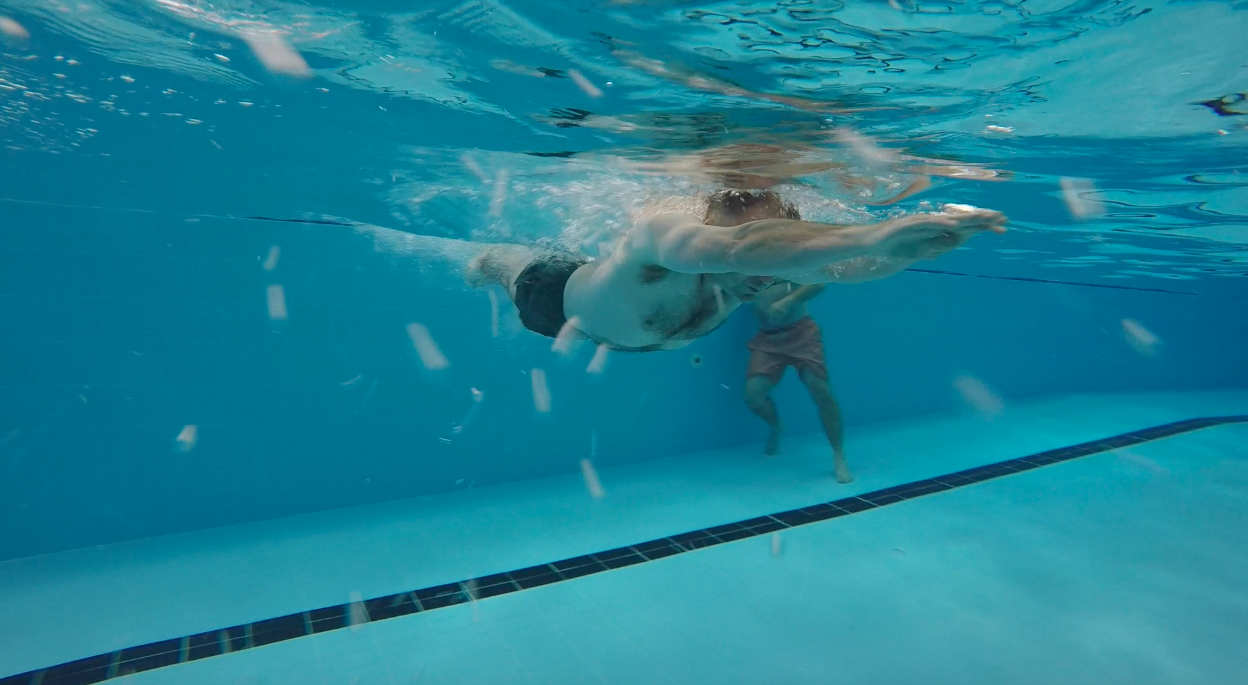
18 May Swimming and Mental Health – Mental Health Awareness Week 2020
Today marks the start of Mental Health Awareness week hosted by the Mental Health Foundation. This seems even more important following the recent pandemic and the effect this has had on everyones mental health. There are many coping strategies and methods to help combact mental health struggles and one of the most popular is exercise.
Results from surveys found that approximately 1 in 4 people in the UK will experience a mental health problem a year. With 1 in 6 people in England reporting experiencing a common mental health problem such as anxiety and depression in any given week.
Whilst the number of people with mental health problems haven’t changed, it seems that how people cope with them is getting worse as the rates of self-harm and suicidal thoughts are increasing.
Results from reports from England and Wales suggest that approximately 1 in 8 adults experiencing mental health problems are receiving treatment with the most common form being medication.
The NHS website states that their top tips to deal with stress, anxiety and low mood are being active, trying to eat healthily and downloading the couch to 5km app. Suggesting that physical exercise and new achievements are a great way to improve mood and mindset.
However not all forms of exercise, particularly running are accessible to the majority of people for several reasons – swimming however is a great form of exercise that anyone can take part in and recent research have found that it has a huge benefit for those experiencing mental health problems.
In 2017 research revealed that swimming has significantly reduced the symptoms of anxiety or depression for 1.4 adults in Britain. Almost half a million British adults with mental health conditions who swim were able to reduce the number of visits to a medical health professional regarding their mental health.
In fact, swimming had such a great benefit to mental health that a YouGov poll commissioned by Swim England revealed that more than 490,000 people reduced or no longer take medication for their mental health.
So, what makes swimming so beneficial for mental health?
Any form of exercise releases endorphins in the brain, these feel good hormones increase feelings of well-being and euphoria. Swimming is a low impact sport that can be performed under any level of intensity – a gentle swim to swimming many lengths still produces the same feel good feeling.
Swimming reduces stress, the mindful repetitiveness of the movement of arms and legs through the water and swimming up and down the same stretch of pool can be comforting and familiar. It allows the brain to focus just on the actions of the body and can be almost meditative.
Water has always had soothing effects, being surrounded by it gives our brains a break from being over stimulated. The sound and feel of it puts our minds into a relaxed state leading to calmness which can reduce feelings of anxiety.
Studies show that being immersed in water increases blood flow to the brain. This boost of nutrients to the brain has a positive impact on brain health.
A scientific study carried out by the Griffith Institute for Educational Research found that children who learn to swim earlier reach major cognitive developmental milestones; these include oral expression, literacy, numeracy and visual motor skills – earlier than their peers and non- swimmers.
Swimming can be a social sport – despite the fact it is performed alone it can still be shared with others in teams and in clubs. A great way to meet likeminded individuals – increasing social interactions is another way to improve mental wellbeing.
The colour blue is also a reason why swimming is good for mental health and wellbeing. Blue is common through the natural word, the ocean, the sky – abundant space can have a soothing influence on the mind.
What are your associations with swimming? Is it something that makes you feel calm? When was the last time you enjoyed a swim? Is it something you make time for on a regular basis?
To help get reacquainted with swimming why not book some refresher lessons – email office@neilbaileyswimming.co.uk


